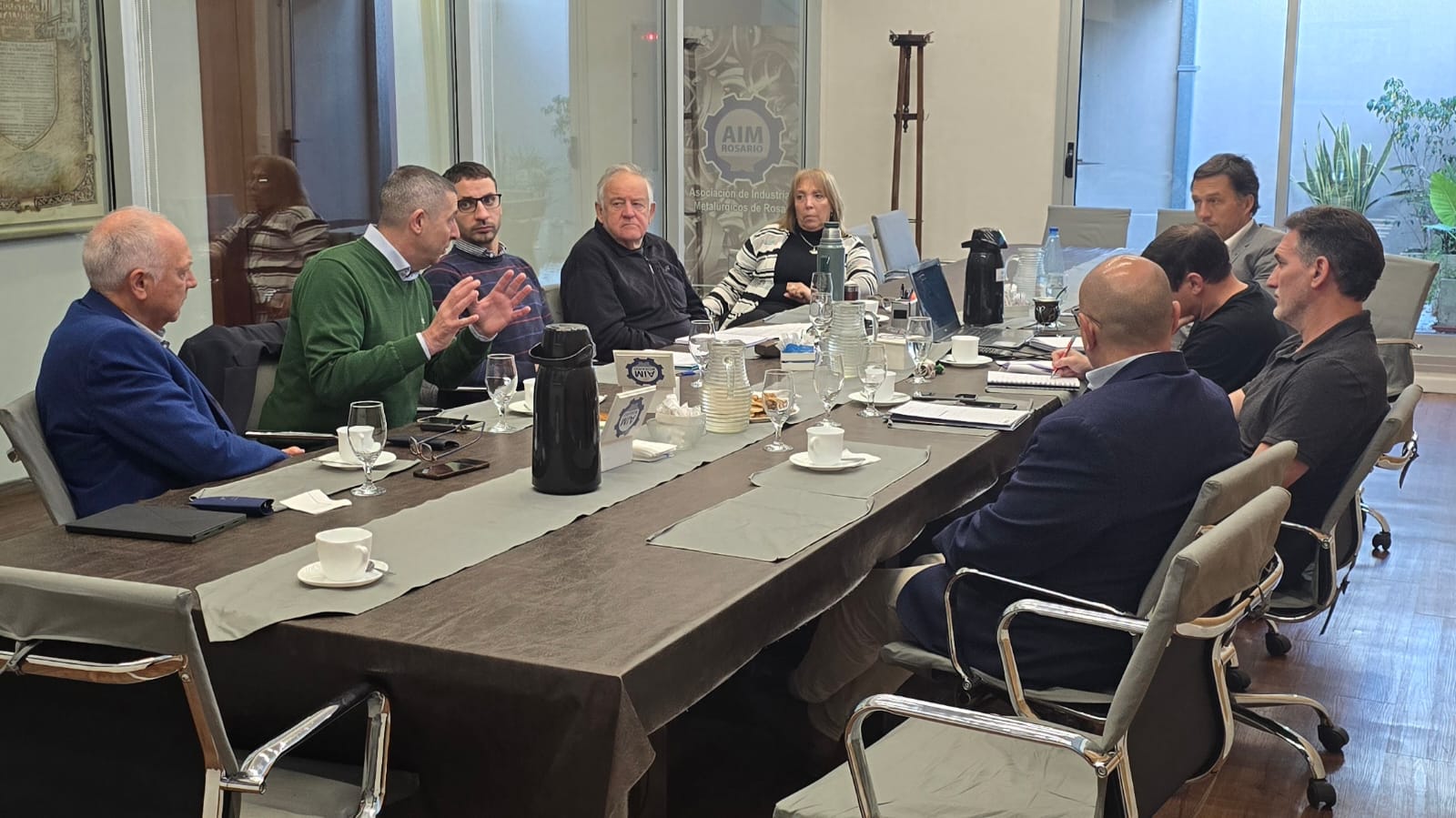INFORMATION FOR THE PRESS: UIA BOARD OF DIRECTORS MEETING
UIA AGENDA: the president of the UIA, Daniel Funes de Rioja, reported on the activities carried out in recent weeks. Among them, the Executive Committee meetings – in one of which the Minister of Productive Development, Matías Kulfas, and the president of the Central Bank, Miguel Pesce – participated; the visit of the Minister of Economy, Martín Guzmán, to the CICyP; the summit of the Argentina-Brazil Business Council (CEMBRAR) – in which the Argentine ambassador to Brazil, Daniel Scioli and the Brazilian ambassador to Argentina, Reinaldo José de Almeida Salgado, among others – participated – and the seminar “Shaping the Future” – which It was held together with GAN Argentina, with more than 30 exhibitors in three virtual days and with the participation of the Minister of Education, Nicolás Trotta; and the Secretary of Strategic Affairsof the Argentine government, Gustavo Beliz, among others.
TRANSPORTATION AND LOGISTICS:The president of the Department of Transportation and Logistics, Horacio Díaz Hermelo, presented the work agenda linked to interjurisdictional transportation of cargo, bittrains, ports and the monitoring of logistics costs. In addition, strategic axes were analyzed to enhance local competitiveness, such as the future of the freight rail system and the Waterway. Given the end of the railway concessions, the government still needs to define the regulatory and contractual conditions that will govern the concessionaires, who will continue working as railway operators in order to consolidate in the new modality the progress made during the concession period. In relation to the future dredging of the Argentine section of the Systema of Trunk Navigation, the position of the UIA was reaffirmed regarding the next tender, in which it will be essential to design a passing stage that does not affect the improvements achieved in terms of logistics costs (to know the UIA proposal you can enter the following link). Finally, in the presentation, the department's proposals for the second part of the year in terms of sustainable mobility (gasification of cargo transport, electromobility, use of LNG in ships, biodiesel, among others) and competitiveness linked to export logistics (measures that reduce additional times and costs to international trade, for example).
PARLIAMENTARY AGENDA: addressedThe initiatives that are in parliamentary work, that are being discussed with the National Congress and that concern the industrial sector - reform of the Consumer Defense code, harmonization of MERCOSUR regulations (front labeling of food containers), parental licenses, among others–. On the other hand, sectoral projects relevant to the industry were highlighted, such as the Biofuels Regulatory Framework – particularly for the NOA / NEA – and other sectoral/regional initiatives.
CEU: the director of the CEU, Pablo Dragún, presented the last three reports prepared by the UIA Study Center. In line with official data, the comparison with the first quarter of 2019 showed an increase of 2.5% with heterogeneities within the industry. Of 16 sectors analyzed, 10 showed increases with reregarding this period, while the rest is still below - comparing the first quarter of 2021 with 2019 -. On the other hand, at the level of registered salaried employment, in the month of March the industry showed a year-on-year increase of 1.7%, being the one that grew the most in absolute terms. The importance of finding a gradual exit from the current labor restrictions was highlighted, with the aim of promoting the recovery of formal employment and advancing productivity. Finally, the survey carried out was presented to more of 750 companies during the month of April, which highlights the problems of the sector in all regions of the country.
SECTORS AND REGIONS: the sectoral and regional representatives analyzed theevolution of the activity during the first half of the year and the agenda of key topics for the rest of 2021 – including, productive financing, SME, labor, tax agendas, among others. In addition, the concern of sectors of the NEA was expressed as a result of the resolution that establishes limits on the expansion of new yerba mate plantations, generating a negative impact on local activity.



.jpeg)

